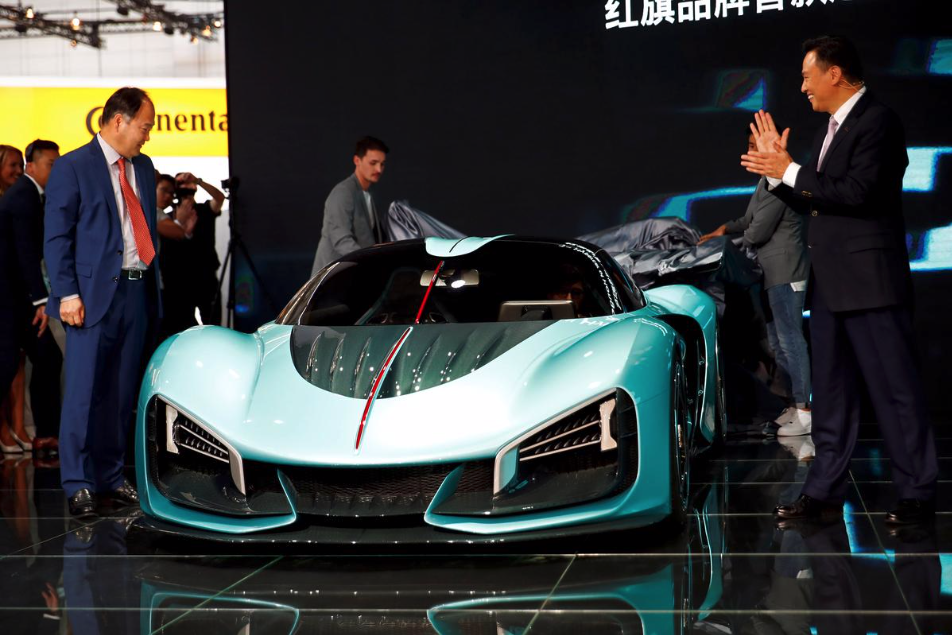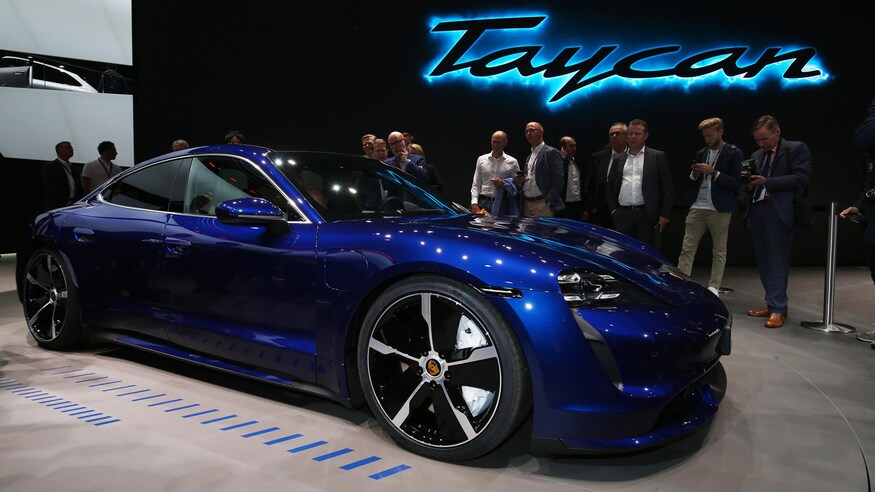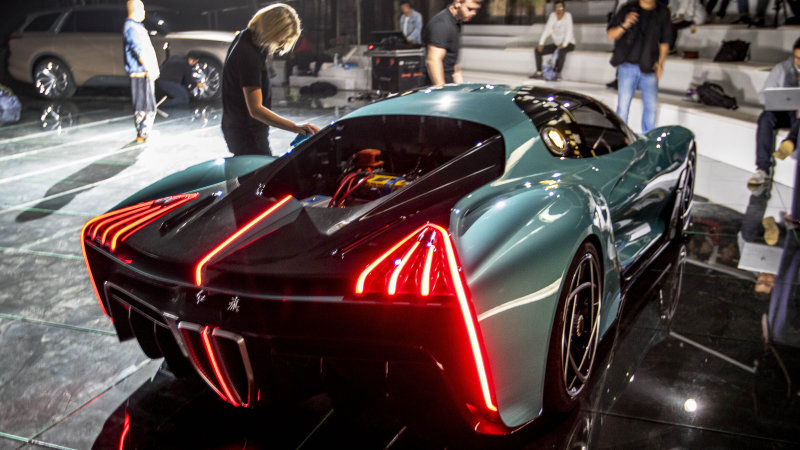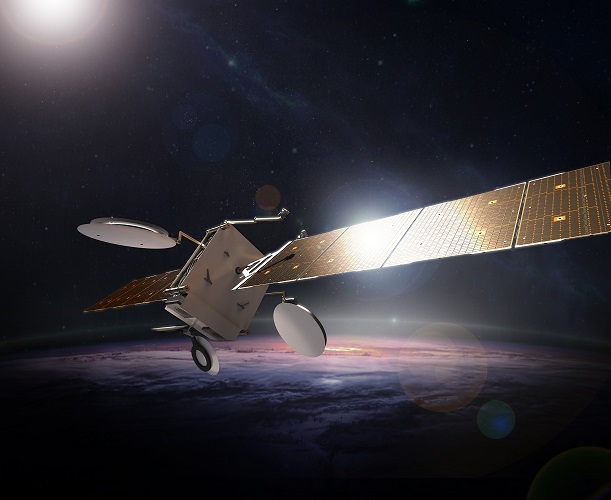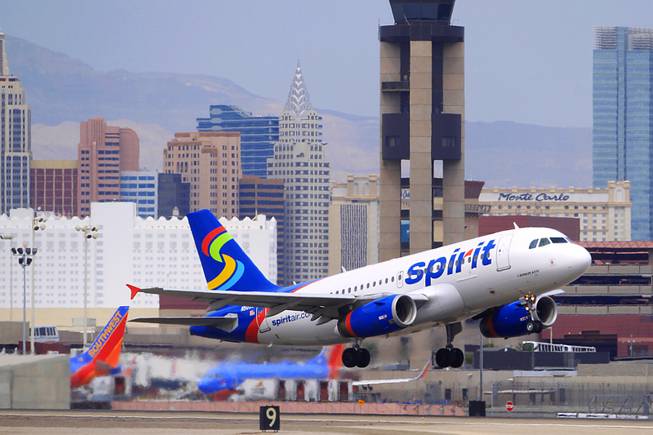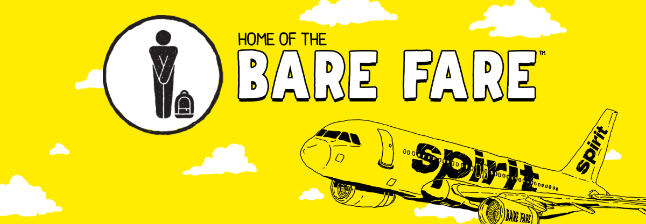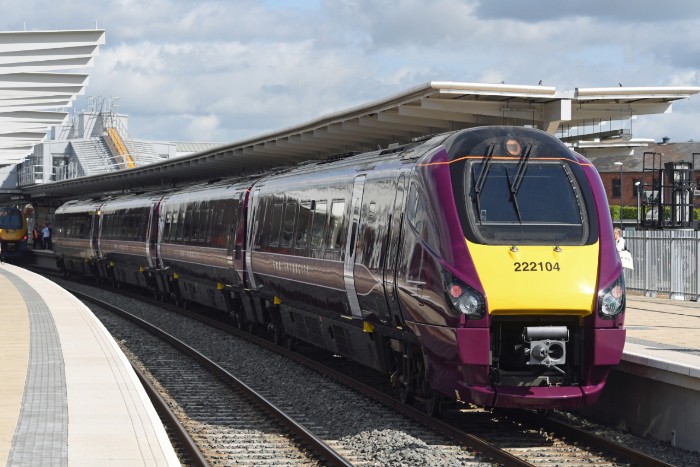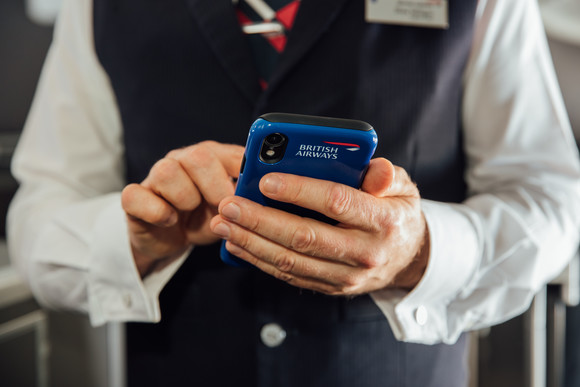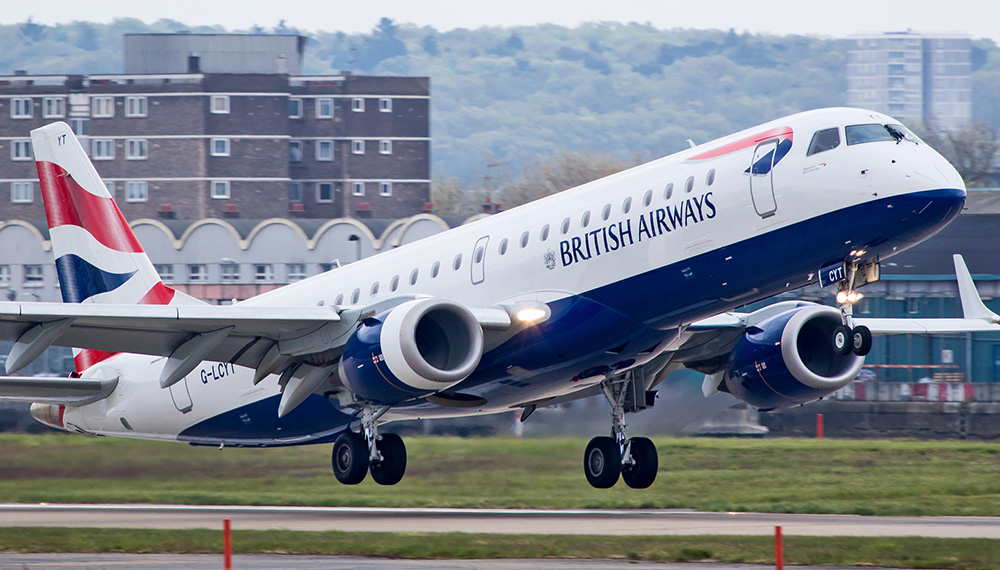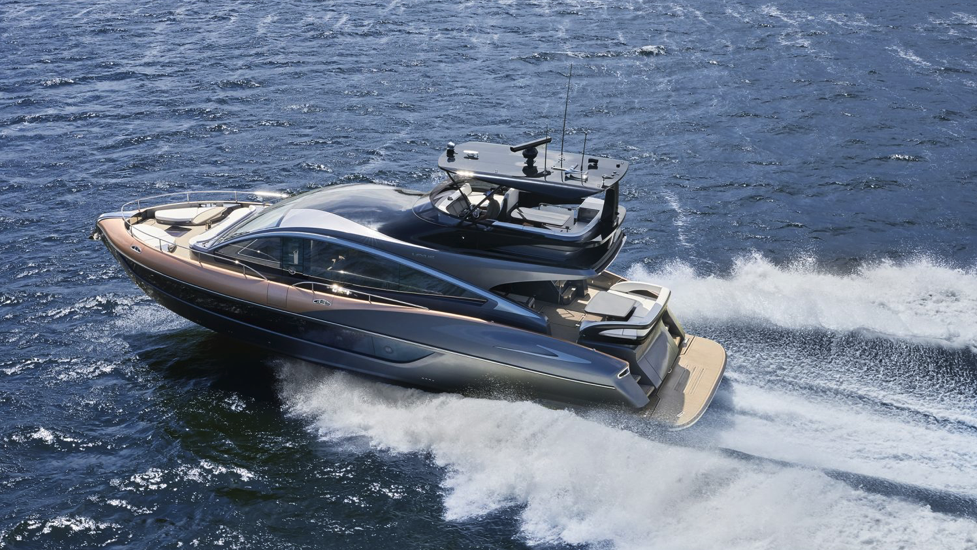
- New embodiment of Lexus’ commitment to deliver innovative and amazing experiences
- Expressing the Lexus design language a new in the form of a 65‑foot yacht
- Exceptional performance and quietness befitting a maritime flagship
- An extraordinary user experience created by advanced technology
- High-quality craftsmanship and Toyota Production System built-in quality
Boca Raton, Fla. (September 19, 2019)— In its continuing challenge to deliver innovative and amazing experiences to its customers, Lexus held the world premiere of its first luxury yacht, the Lexus LY 650, today in Boca Raton.
The LY 650 is a new embodiment of Lexus’ challenge to go beyond the automobile to deliver innovative and amazing experiences. Based on the Lexus Sport Yacht Concept first shown in January 2017, the LY 650 features unique styling and superb cruising performance. Lexus – which aspires to be a true luxury lifestyle brand – has fused advanced technology and craftsmanship to provide an irreplaceable experience that stimulates the senses and exceeds owner expectations, even at sea. This LY 650 flagship yacht is the new embodiment of the Lexus “CRAFTED” philosophy, to which exquisite attention to detail and anticipatory hospitality are applied in every possible aspect.
The shape of the hull, the abundant volume of the stern, and other elements, in addition to beautiful curved lines, give the LY 650 unprecedented and distinctive exterior styling. Collaboration with Italian yacht design studio Nuvolari Lenard*1 has resulted in an advanced design and a comfortable interior living space that exemplifies high quality in every detail. Furthermore, in pursuit of cruising that achieves the exhilarating performance of a Lexus, the yacht rides on a light and highly rigid composite hull that combines CFRP (carbon fiber-reinforced plastic) and GFRP (glass fiber-reinforced plastic), and was jointly developed with Marquis Yachts LLC*2. Additionally, the LY 650 is equipped with LY-Link, an advanced connectivity technology for boating that shares timely information and provides control of various yacht functions.
The LY 650 is built in collaboration with the craftspeople of Marquis Yachts in Pulaski, Wisconsin, USA. With the start of LY 650 manufacturing, Marquis Yachts has applied the famous Toyota Production System in its production processes to improve production efficiencies and quality. The new yacht will appear at the Fort Lauderdale International Boat Show in Florida Oct. 30 – Nov. 3, 2019.
President Akio Toyoda commented: “The LY 650 symbolizes the challenge taken by Lexus, which aspires to be a true luxury lifestyle brand, to venture beyond the automobile. A collaborative team between Toyota and Marquis Yachts introduced the Toyota Production System to the boat manufacturing facility to improve productivity and quality. This allowed the Lexus “CRAFTED” philosophy of anticipatory hospitality and meticulous attention to detail to become a reality in the form of a luxury yacht. I am truly looking forward to seeing the advanced, high quality LY650 display its beauty on the oceans across the globe. As a mobility company, we are pursuing new possibilities for mobility even on the sea.”

Click the link for the full story! https://pressroom.lexus.com/lexus-premieres-new-luxury-yacht-new-embodiment-of-lexus-commitment-to-deliver-innovative-and-amazing-experiences/
